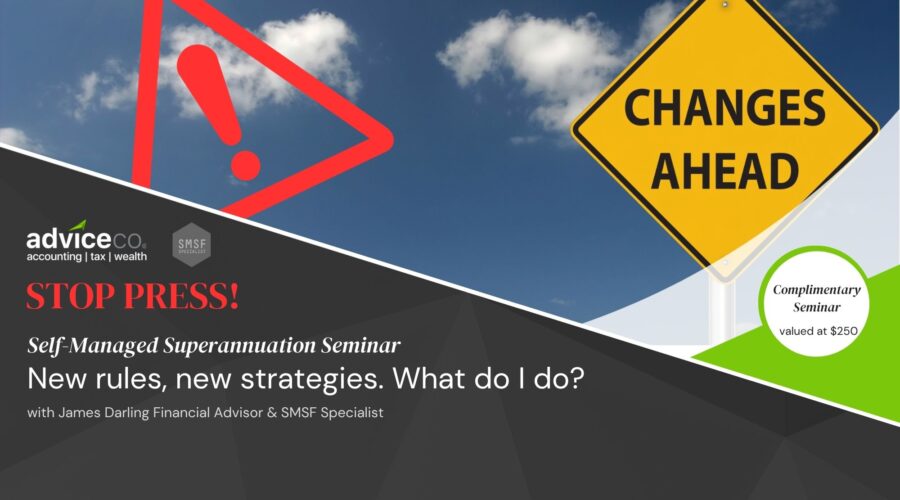The Markets – Looking back at 2012 Posted on October 9, 2018

Investors will look back on financial year 2011/2012 with chargrin. It was a year dominated by concerns about Europe. The first three months were the worst, with the ASX 200 slumping by 13%. After that it chopped; for the entire 12-month period it recorded a decline of more than 11%. We have become used to the Australian market underperforming, and this happened again. The US share market rose by 3.1% in the twelve months to June. With the Australian dollar falling by some 7% over the course of the year, Australian investors with offshore holdings did better than this.
Just as the year was dominated by concerns about Europe, so too was the month of June. The second round of the Greek election resulted in the formation of a coalition government dominated by the New Democracy party, with support from PASOK and the Democratic Left party. These parties together hold 179 of the 300 Parliamentary seats. Ironically, the same three won enough seats to form a coalition after the first-round election on 6 May; that they chose not to do so on that occasion merely added to uncertainty.
At the end of the month, the Euro nations held yet another summit aimed at fixing the European problem. The fact that this is the seventeenth summit devoted to resolution of the crisis says all that you need to know about the success of the previous ones. There is a familiar pattern; markets get excited beforehand about what may be achieved and are usually disappointed. This time it was different; there was little sense of belief beforehand that anything substantive would be achieved. Accordingly, while the communiqué from the meeting was short on specifics, it was greeted favourably.
It is quite possible that you are as weary of reading about Europe as I am of writing about it. There are other matters of course. Last week saw the introduction of the carbon tax. My expectation is that, like the GST, the carbon tax (sorry, price) will rapidly become part of the furniture, and that the worst fears, or scaremongering, will not be realised. The real danger is that this is so true that there is little or no change in behaviour!

Then there are interest rates. At its meeting on 2 July, the RBA board opted to do nothing, and we now know that in early June it deliberated between a cut of 25 basis points and no change, rather than between 25 and 50. The statement accompanying the decision hinted that the RBA is disinclined to cut further. Given that financial markets expected another 1-1.5 % of rate cuts after the June meeting, some hasty repricing is in order.
It is not the inevitability of a bad end that argues against a Greek exit from the Eurozone; it is, rather, the small possibility of a very bad end. Because of this, my view is that the other European nations will do “whatever it takes” to keep Greece inside the tent. This may include a slower approach to austerity, or the issue of Eurobonds, which would lower borrowing costs for most countries. If a Greek exit does occur, then it would be better if it were not done too hastily. A prepared exit would increase the period of uncertainty, it is true, but it would also allow time for “ring-fencing” to prevent contagion. Of course, even if Greece remains in the common currency, the issue will not go away. Greece is massively uncompetitive, mainly because its nominal wages have risen faster than in other European nations, particularly Germany. It will take years to fix this. If Greece remains in, it has been estimated that its economic size in 2016 could still be 20% smaller than it was in 2007! There is no easy way out.
6 months into 2012, I have finally relented and changed my end-of-year forecast for the ASX 200, from 4700 to 4500. I continue to believe that the market is fundamentally cheap and can get some traction once the international worries stabilise.
Chris Caton
Chief Economist
The views expressed in this article are the author’s alone. They should not be otherwise attributed.





